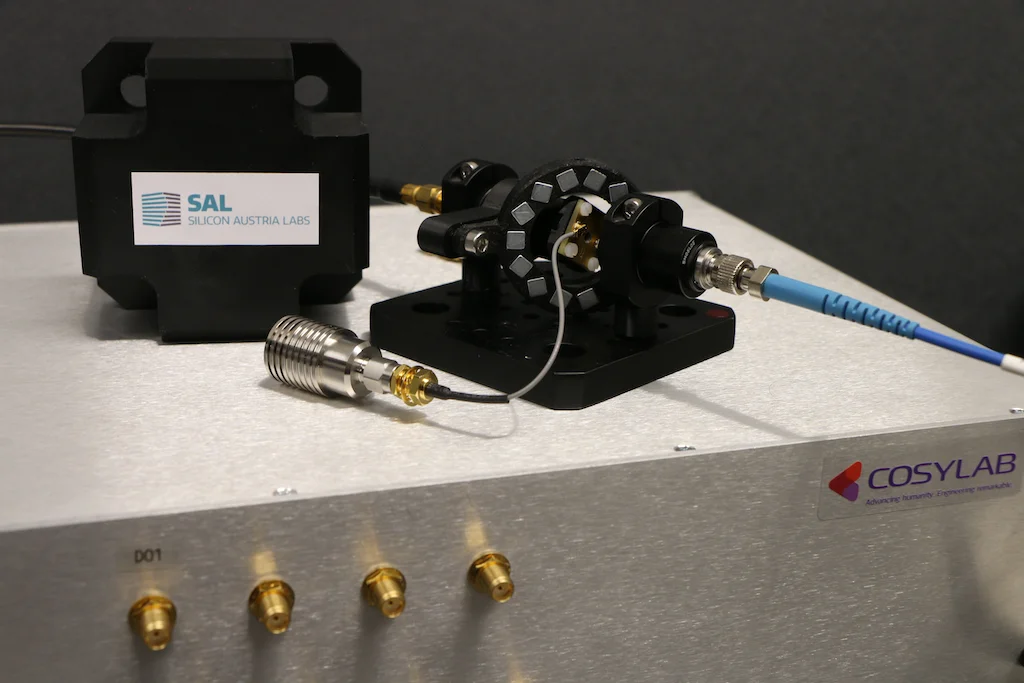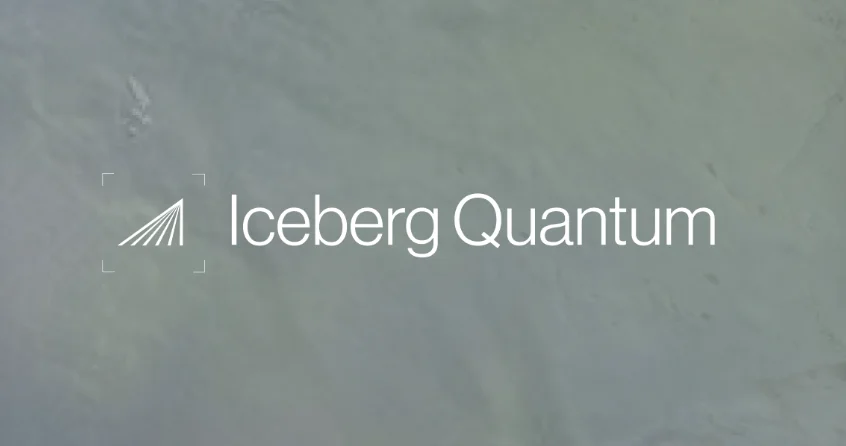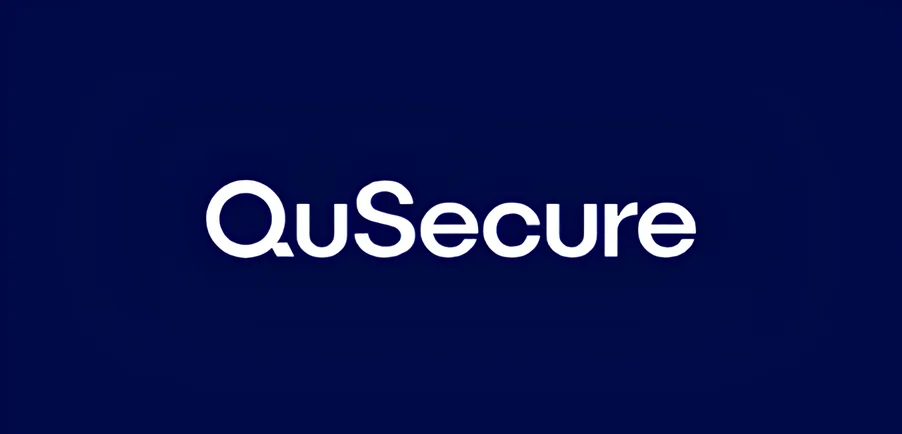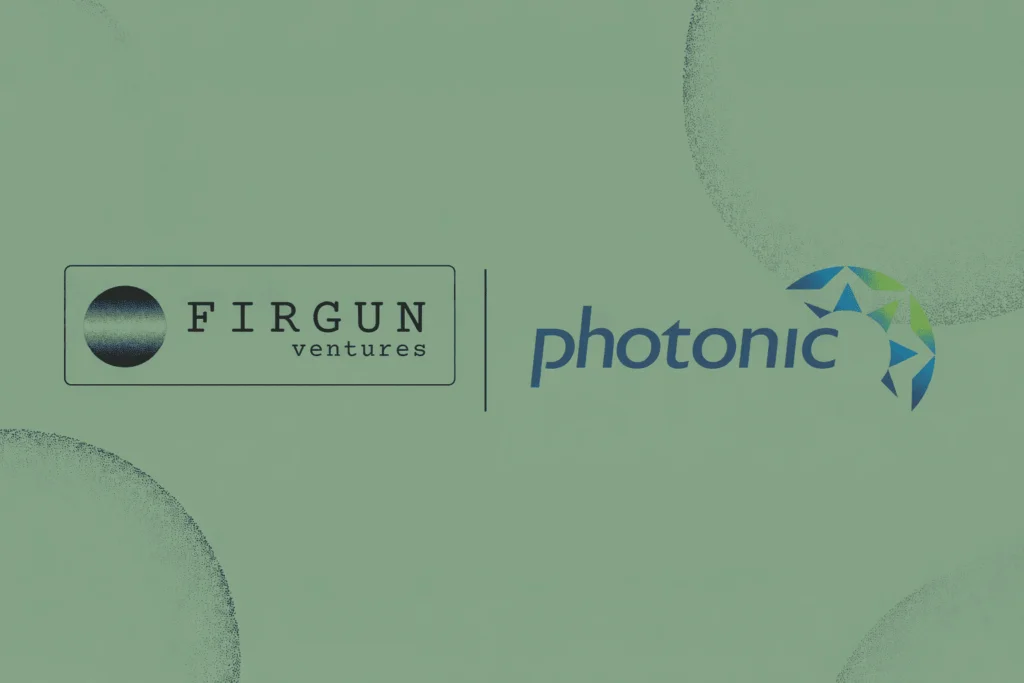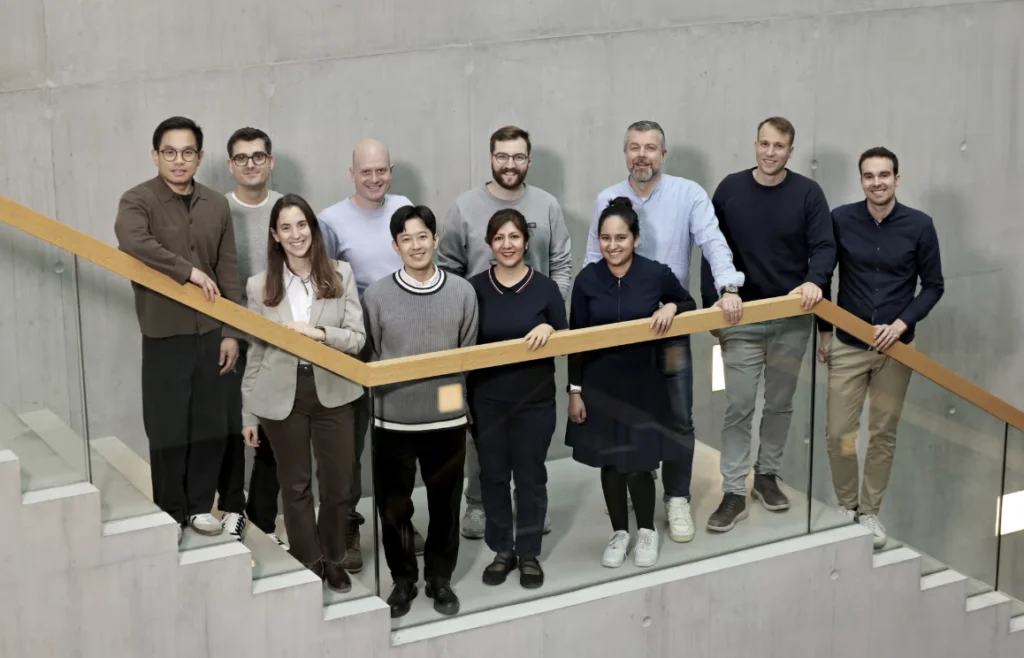Insider Brief
- Riverlane is joining The Quantum Energy Initiative, a community that encourages research to make quantum technologies energy efficient.
- Quantum tech will only be truly successful if they have a smaller environmental footprint than classical alternatives.
- Riverlane is developing its core product with energy efficiency as a key design principle.
PRESS RELEASE — Riverlane, the global leader in quantum error correction technology, is pleased to announce its acceptance into the Quantum Energy Initiative, a global community of quantum technology companies and research organisations committed to better understanding the physical resource cost of quantum technologies.
The rise of new technologies, such as artificial intelligence, has led to an exponential growth in computational power in recent years, causing data centres to become increasingly power-hungry (IEA, 2024). Originally designed to prioritise performance over energy efficiency, new techniques are being explored to curb their carbon footprint, but despite these efforts, the electricity usage of the world’s data centres is still forecasted to double by 2026 (IEA, 2024).
With quantum computers expected to solve specific problems much more efficiently than classical supercomputers, there’s growing hope that their integration with supercomputers in data centres could lead to significant energy savings and lower the amount of carbon emissions produced.

Early breakthrough research led by Google (with NASA and Oak Ridge National Labs) hinted that existing prototype quantum computers could already exhibit reduced energy consumption. However, it is now generally agreed that carefully chosen metrics of energy consumption are required to allow a fair comparison of quantum and classical computing. At the same time, if quantum computers are to do better than classical computers, then every major hardware and software component of that quantum computer must be as energy efficient as possible.
Riverlane has joined the Quantum Energy Initiative (QEI), a community focused on researching the environmental footprint of quantum computing, to help with this effort. Alongside existing members of the QEI including Microsoft Azure Quantum, IBM Quantum and Alice & Bob, Riverlane aims to contribute to a number of goals including defining energy-based metrics for quantum technologies; deriving fundamental bounds for energy consumption; using energetic efficiencies as optimisation tools; and understanding the impact of hardware and software on energy consumption.
“We enthusiastically welcome Riverlane into the Quantum Energy Initiative as an industrial partner. Their leading-edge expertise in quantum error correction will be crucial in shaping the future of large-scale quantum computing; we are delighted that they see the importance of making this future an energy-efficient one.” said Robert Whitney, a co-founder of the Quantum Energy Initiative.
While research into these areas is still in its infancy, the Quantum Energy Initiative recommends that companies make conscious design choices during this current phase of quantum computing development to help pave the way towards energy-efficient quantum computing.
The energy consumption of a quantum computer is likely to be influenced by several factors, including how we implement a necessary process called ‘quantum error correction’ (QEC). The building blocks of every quantum computer (‘qubits’) are affected by errors to the extent that they are not usable to perform any valuable computation. QEC can correct these errors by mapping many physical qubits into one error-free “logical” qubit.
The QEC process can be designed with overall power consumption in mind. By doing so, we can reduce the number of qubits required to implement a logical qubit, translating into less power needed to keep them in a usable state and less energy required to manipulate them. At the same time, multiple measurements and operations are required to implement logical qubits which can impact the overall execution time and power consumption of the system. In line with guidance from the QEI, Riverlane believes deliberate design choices must be made to ensure the integration of QEC technologies produces a significant net benefit.
With this in mind, Riverlane is developing its core product – the Quantum Error Correction Stack (Deltaflow)– with energy efficiency as a key design principle. Riverlane’s Deltaflow.Decode ASIC chip uses less than 10mW and is the first decoder to concretely demonstrate high-performance at a small hardware resource cost. It’s been designed to accurately balance speed and hardware resource utilisation, meaning it decodes fast enough to keep up with a quantum computer while also producing a tiny resource footprint.
“We are excited to be a supporting member of the Quantum Energy Initiative’ said Marco Ghibauldi, VP of Engineering at Riverlane. “For quantum computers to deliver energy savings over today’s classical supercomputers, we first need them to be useful. This is our main priority at Riverlane, through our specialist focus on our quantum error correction, but we recognise there’s even more we can do at this stage. By joining the Quantum Energy Initiative, we hope to contribute to this exciting new field of research and continue to build our understanding of how our QEC Stack can be developed and integrated to maximise energy efficiencies across the whole quantum computing stack.”











